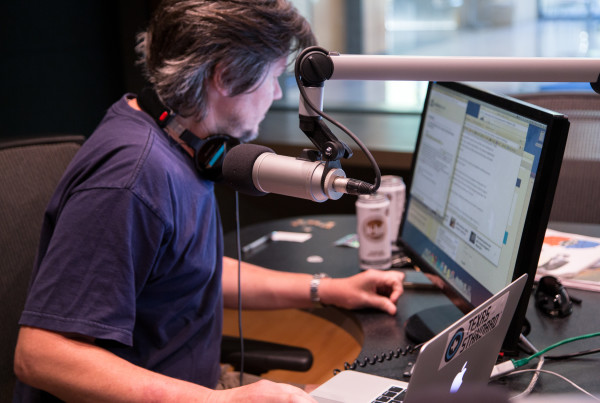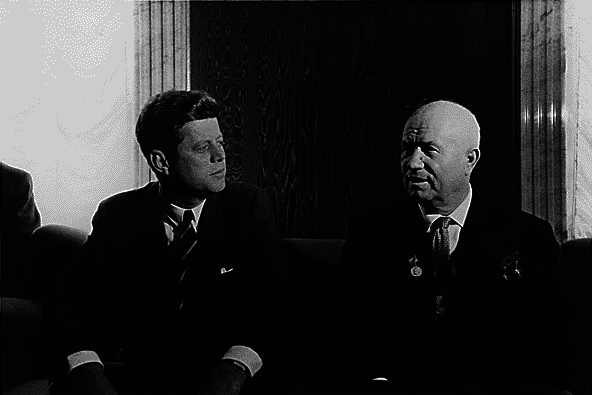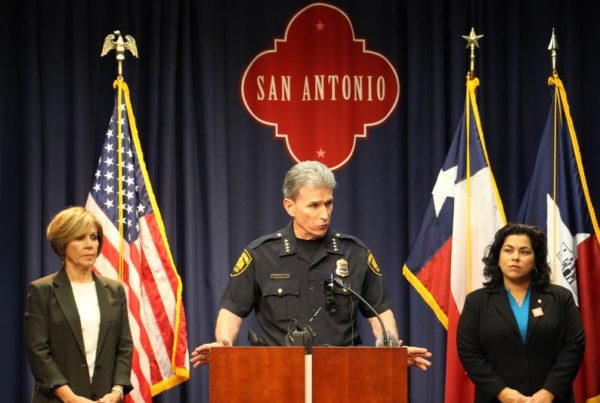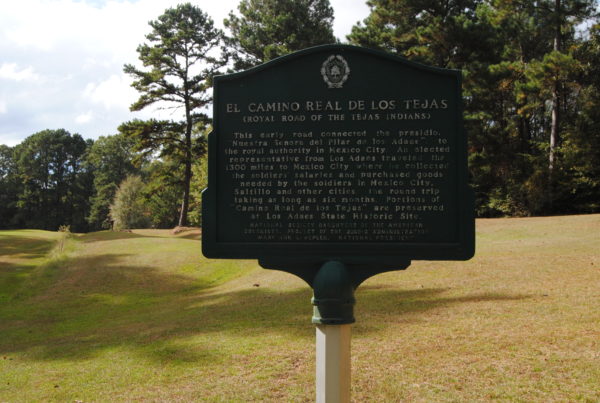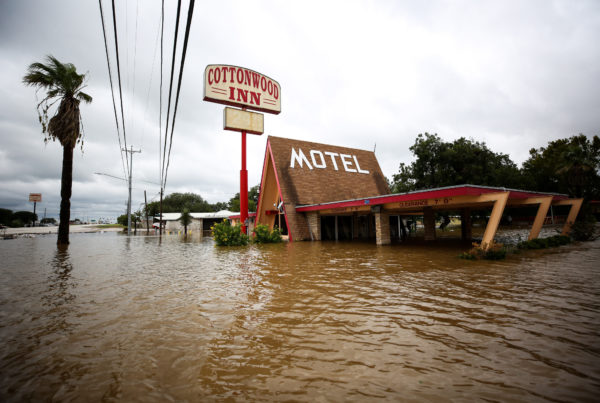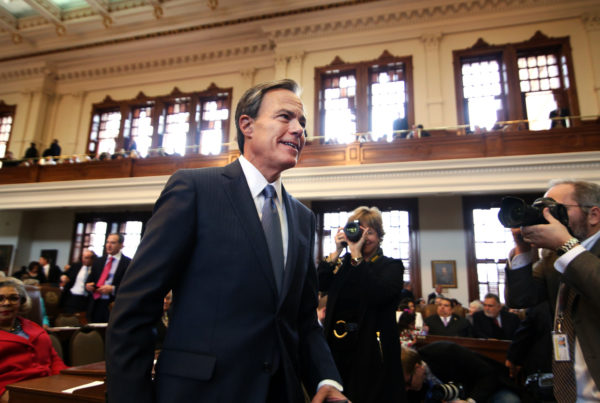Non-disclosure agreements, now a staple for U.S. businesses to protect trade secrets, are also used to keep more unpleasant details out of public scrutiny: sexual harassment complaints. In light of recent allegations against major public figures such as Hollywood film mogul Harvey Weinstein and former Fox News host Bill O’Reilly, some lawmakers are exploring whether to change the rules on these agreements.
Joanna Grossman, Ellen K. Solender Endowed Chair in Women and the Law at Southern Methodist University in Dallas, says there’s a difference between talking to the police and speaking up more generally about sexual harassment complaints. Non-disclosure agreements can legally prevent a victim from talking to other people, such as the press or a lawyer. In many cases, she says, these enforceable restrictions may mean that harassment allegations get buried.
Grossman says that a perpetrator of sexual assault isn’t the only person who benefits from a non-disclosure agreement – for example, an individual claiming harassment might benefit from a confidential agreement in order to prevent details of the incident from being released to future employers.
In some cases, she says coming forward publicly may have downsides for the victim. “It’s not all a one-way ratchet,” Grossman says. “Even though we think that society as a whole will be better off, and maybe women as a whole will be better off.”
Grossman said that regardless of whether the victim benefits from the agreements, the ubiquity of sexual harassment in the workplace means that the agreements should be revisited and improved — including those in Texas.
“There’s no reason to think that there’s some special sanctuary here where this isn’t a problem that affects Texas,” she says. “Everybody needs to take a look.”
Written by Rachel Zein.




